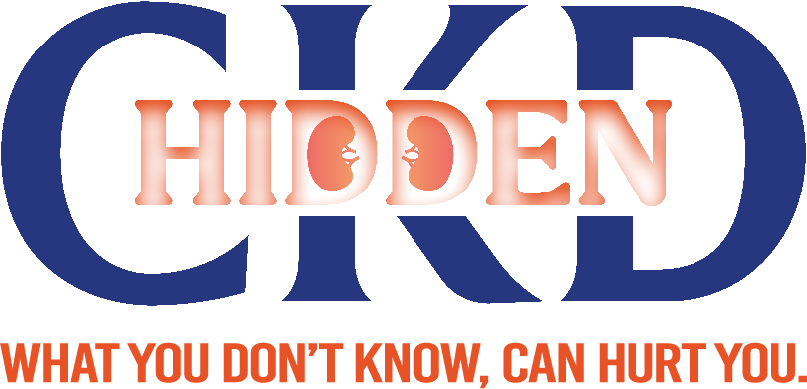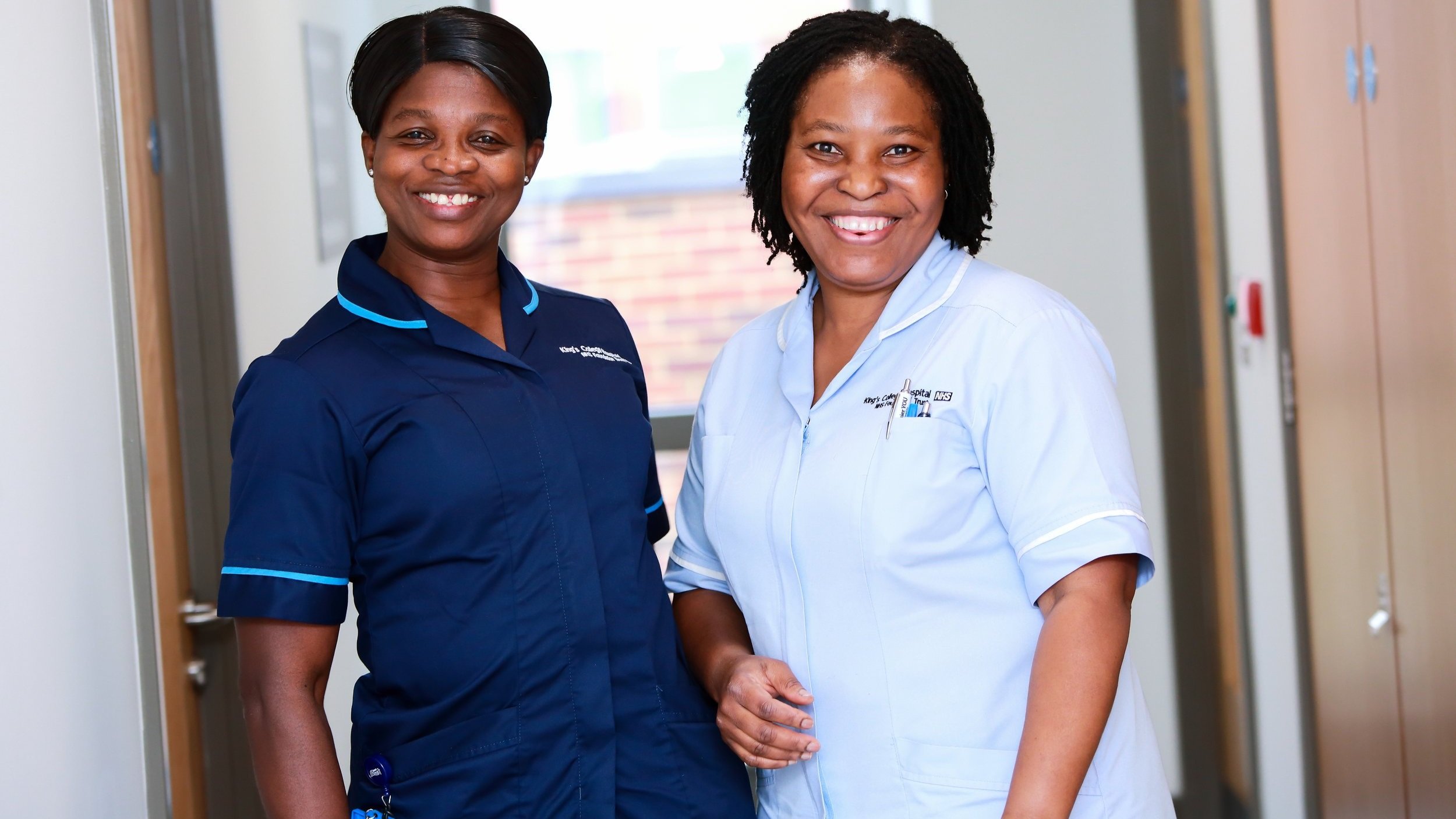Attend a community screening event
Did you know people of African and Afro-Caribbean heritage are 5x more likely to develop chronic kidney disease (CKD)?
Watch these short 1-minute videos below to learn more!
What You Don’t Know
-
Most people have two kidneys – they lie under the ribs and above the waist (at the back), one on either side of the body.
Kidneys are bean shaped and are around 10-12cm long (about the size of a clenched fist).
Kidneys filter around 180 litres of blood every day, control the production of red blood cells and release hormones that regulate your blood pressure.
Kidneys also produce urine, by removing waste products from the body.
Kidneys help keep your bones strong and healthy by helping produce an active form of vitamin D.
-
Chronic kidney disease (CKD) means that your kidneys do not work as well as they should. They can’t remove waste products from your body. Damage to the kidney’s filter system can also allow blood and protein to leak into the urine. This is not always visible but can be found with a urine test.
The term ‘chronic’ means that it is a long-term condition. It does not necessarily mean your kidney damage is severe as many cases of CKD are mild and can be managed with help from your GP and without hospital involvement.
-
Anyone could get kidney disease. Around 3 million people in the UK have Chronic Kidney Disease (CKD).
Uncontrolled diabetes and high blood pressure are the biggest causes of CKD.
Right now, over 68,000 people in the UK are being treated for kidney failure (also known as stage 5 CKD, where kidney function is less than 15%).
There are 40-45,000 premature deaths in the UK every year due to CKD (that's enough people to fill the Royal Albert Hall nine times over).
Black, Asian and minority ethnic communities are five times more likely to develop CKD than other groups.
Every day 20 people in the UK will develop kidney failure.
There are around 1,000 children with CKD in the UK
-
Most people are diagnosed by a blood and urine test. You may have these tests as part of a routine check-up or because you are at risk of developing CKD
Once you are diagnosed your doctor will work out what stage of CKD you have. This is done by measuring the amount of creatinine, a waste product which builds up in kidney disease. Your doctors can use this to estimate how well your kidneys are working. You may hear this referred to as your estimated glomerular filtration rate (e-GFR). It is based on how quickly your kidneys are cleaning your blood and is measured in milliliters per minute
Most people with CKD stages one to three can manage the condition themselves with their GP and do not need any specialist input from kidney doctors.
CKD can slowly get worse over time, although for the majority of people it remains stable and only a very small number of people will need renal replacement therapy such as dialysis. It is unusual for kidney function to improve dramatically once your kidneys have been damaged but it does depend on the cause of the problem.
-
There are lots of causes of CKD. The most common causes include:
– Diabetes
– Heart disease
– High blood pressure (hypertension)
– Inflammation within the kidneys (glomerulonephritis)
– Blockages to the flow of urine such as prostate problems or cancers in the bladder
– Certain medications such as non-steroidal anti-inflammatory drugs (NSAIDs) which include ibuprofen (Brufen or Nurofen) or diclofenac (Voltarol) among others
– Family history of kidney disease which may include inherited diseases.








